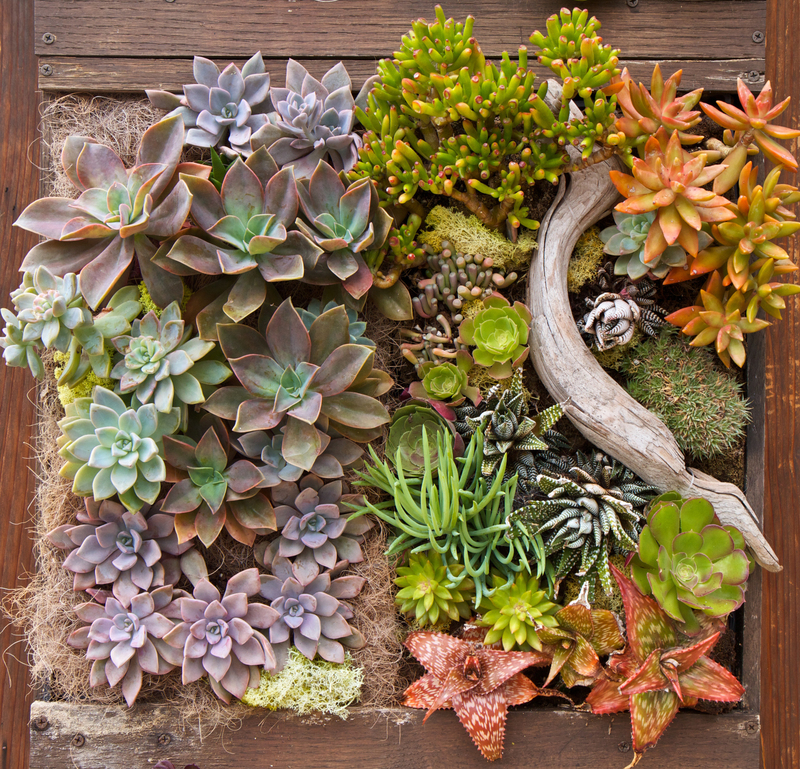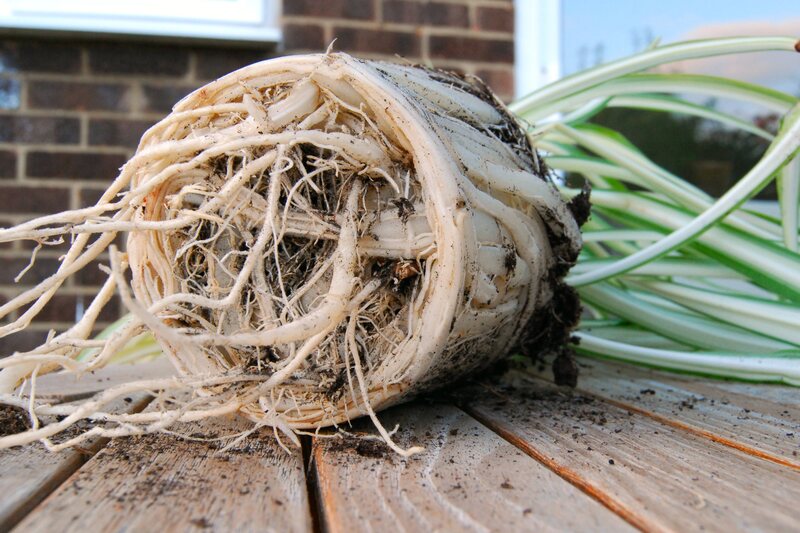Methods to Mulch and Fertilize Grass
Posted on 18/09/2024

Mulching and fertilizing your lawn can have a big impact on the health of your grass and turf. It can give you a lush and healthy lawn with fewer weeds, less water, and fewer problems overall. Mulching and fertilizing grass is an important part of keeping it looking green and vibrant. In this article, we'll discuss several methods of mulching and fertilizing grass to get the best results.
What Is Mulch?
Mulch is any material that is spread over the soil to protect it and keep it from becoming too dry or too wet. The most common type of mulch used for grass is organic matter like wood chips or composted leaves. This helps to retain moisture in the soil while providing nutrients to the plants. Organic matter also helps to prevent weed growth by blocking out light that might encourage them to grow.
How To Apply Mulch To Grass
When applying mulch to grass, you should first mow the lawn short, then rake up any clippings or debris from the ground. This will help ensure that you are only spreading mulch directly onto the lawn rather than onto areas such as sidewalks or driveways. Once the area is cleared, you can spread an even layer of organic material over the top of the grass. If using wood chips, be sure not to pile up more than about two inches deep; if using composted leaves, you can spread up to four inches deep. It's best to use a hand rake or a broadcast spreader when applying mulch in order to get an even coverage throughout your lawn. The rates of application will depend on the type of mulch you are using - for instance, wood chips should be applied at about 3-4 pounds per 1000 square feet, whereas composted leaves should be applied at about 4-5 pounds per 1000 square feet.
Benefits Of Applying Mulch To Grass
Applying mulch to grass can provide a plethora of benefits for your lawn. It will help retain moisture in the ground while also providing nutrients for plant growth. Mulch can also prevent weed growth by blocking light from reaching potential sprouts, giving your grass an edge against potential invasives in your yard. In addition, organic materials like composted leaves and wood chips break down over time, further enriching your soil with valuable nutrients and minerals that promote healthy plant growth.
What Is Fertilizer?
Fertilizer is any material that adds essential nutrients to the soil in order to help plants grow better. Fertilizers come in both organic and synthetic forms; synthetic varieties typically provide higher levels of nutrients in a shorter amount of time but can sometimes be detrimental to soil quality due to their chemical composition. Organic fertilizers take longer for plants to absorb but provide more benefits over time because they don't contain any chemicals or compounds that could harm beneficial organisms in the soil like worms and bacteria.
How To Apply Fertilizer To Grass
When applying fertilizer to grass, you should first mow as usual then use a rotary spreader or drop spreader to apply an even layer across your entire lawn (careful not to put too much in one place). The amount of fertilizer you need will depend on the size of your yard - generally speaking, most yards require at least 10-15 pounds per 1,000 square feet - so make sure you read the instructions on your fertilizer bag carefully before applying it! You should also space out applications so that you are fertilizing every 4-6 weeks throughout spring, summer, and fall; this will help ensure that your turf receives consistent nutrition during those months without overloading it with too much fertilizer at once which can cause burn spots in some cases. After application, be sure to water thoroughly so that all of the granules have time to dissolve into the soil before they start providing nutrition for plants!
Benefits Of Applying Fertilizer To Grass
Applying fertilizer regularly can help keep your turf looking lusciously green by providing essential nutrients like nitrogen, phosphorus, potassium, magnesium, iron and zinc directly into its roots where it can benefit most from them. Fertilizer also encourages strong root growth which helps create an environment where weeds struggle against their healthier competitors; this prevents weeds from taking hold in certain areas as easily as they might if there were no fertilizer present at all! Finally, adding fertilizer can make all dietary deficiencies go away; if plants lack specific elements like potassium or magnesium, a single dose of fertilizer may provide enough nutritional boost for them regain their former vibrancy quickly (and without any additional effort!).
In conclusion
Mulching and fertilizing grass are two essential parts of having a beautiful landscape all year round - they provide necessary nutrition for plants while protecting them from potential invaders such as weeds or too much sunlight/dryness/wetness! When done correctly (which includes understanding proper application techniques along with amounts) these two activities together can really transform average turf into something eye-catching and vibrant without needing tons of care or resources! So go ahead - try out some mulching and fertilizing today!

Latest Posts
Building a Magical Garden Adventure for Children
How Sustainable Gardening Helps Fight Climate Change
Design a Tranquil Outdoor Haven with 5 Low Maintenance, Budget Ideas
The Symphony of Hedge Trimming: Dive into Shapes and Techniques

